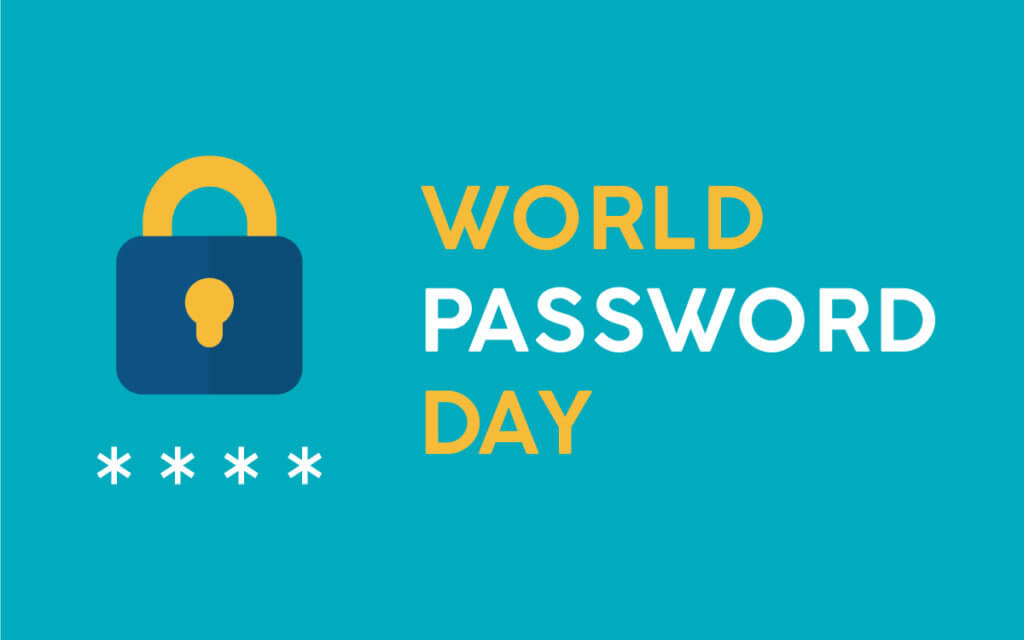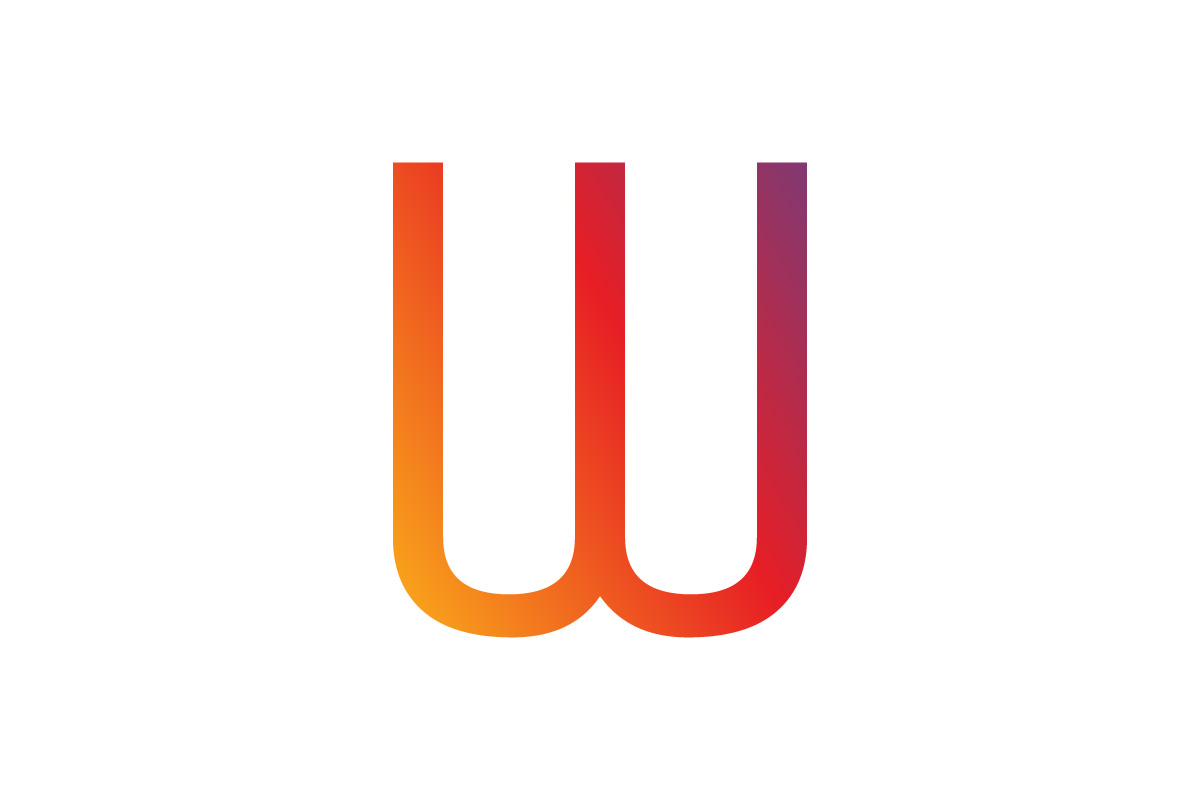The Importance of Passwords

Password protecting your sensitive information is not a new concept. It really is a tale as old as time – passwords have been in use since ancient times.
Passwords have become increasingly important as people have multiple online accounts across varying websites and applications. So much of our personal information is digitally stored, making it vulnerable to hackers. The stronger your password, the more protected your data will be from human hackers or malicious software.
What am I preventing by using strong, diverse passwords?
Identity Theft
Hackers can gain access to information like your social insurance number or credit card details, which could give them the leverage needed to steal your identity.
Multiple Account Breaches
By using varying passwords across accounts, one breached account won’t necessarily mean all of your accounts are affected, limiting the amount of information a hacker can obtain about you.
Limit Saved Passwords Usage
If you have saved passwords on a device, and then sell, lose, or trade that device, a new person may have access to your saved passwords.
Security breaches
A security breach could include not only your personal information, but that of your employees and clients if you own a business.
Constant Access
Just because a hacker has gained access to your account once and then left, doesn’t mean they won’t come back. They will keep checking for new information or updates that they deem relevant. Further to this, the longer you have the same password, the longer someone has to guess that password.
Safe From Guesswork and Hacking Attempts
The harder your password is to guess, the less likely it will be guessed.
Choosing a strong password
Quality is much more important than quantity when it comes to choosing a strong password. Just because your password is 10 characters long doesn’t mean it won’t be easy for a hacker or program to guess. For example: choosing “AmKvH7” is better than choosing “1234567890.” While the second option is longer, it is still much more likely to be breached.
Afraid of losing or not remembering a totally random password? Get a password keeper. We like 1password, but there are many other programs and apps available for this use.
Hacking programs can guess passwords by combining random words and phrases, and information that’s relevant to you.
Avoid using any personal information such as dates, addresses or names.
Avoid using simple words and phrases; if you do, make them grammatically incorrect to avoid guessing. For example, instead of “September90” — which might be easy for you to remember as it’s your child’s birth month and year — you could use “9sEPtembEr0!” It is still the same word, and still short, but far harder to guess either by human or program.
Adding special characters, like the exclamation mark, make it that much more difficult for a program to figure your password out.
Not sure about making a strong password? Try a password generator. We like toddlerpassword.com. Simply choose how many characters you want your password to be, and the program will generate a completely random password for you.
Top 5 commonly used passwords of 2020
| Password | Number of Users | Time to Crack |
| 123456 | Over 2 million | Less than a second |
| 123456789 | over 900, 000 | Less than a second |
| picture1 | Almost 400, 000 | Three hours |
| Password | Over 300,000 | Less than a second |
| 12345678 | Over 300,000 | Less than a second |
Another great idea to stay protected is to check to see if any programs associated with your email have been breached at any point. Use haveibeenpwned.com to see if you have any accounts associated with a security breach. If you’re still using those accounts, change your password right away.
You should try to change up your passwords from time to time for ultimate security and protection. Misremembering a password and having to go through the process to make a new one is much better than having your personal information breached.
